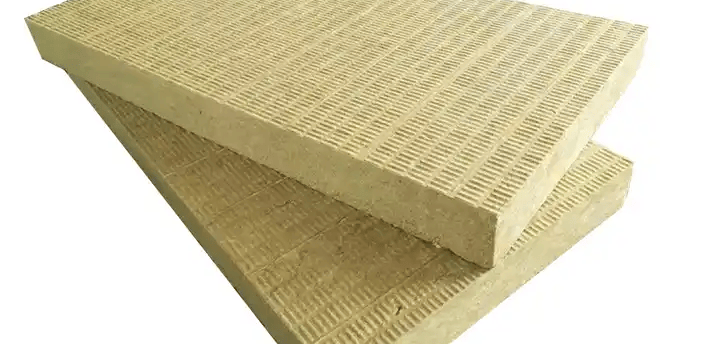Rock Wool: The Ultimate Solution for Modern Insulation Needs
Blog post description.
3/7/20252 min read


In today's fast-paced world, where energy efficiency and sustainability are paramount, rock wool emerges as a game-changer in the insulation industry. Known for its exceptional thermal and acoustic properties, rock wool is a versatile material that caters to a wide range of applications, from residential buildings to industrial complexes.
What is Rock Wool?
Rock wool, also known as mineral wool, is made from natural volcanic rock and recycled materials. Through a high-temperature melting process, these raw materials are transformed into fine fibers, which are then compressed into rolls, boards, or loose-fill insulation. The result is a durable, non-combustible, and eco-friendly product that stands the test of time.
Unmatched Thermal Performance
One of the standout features of rock wool is its superior thermal insulation capability. By effectively reducing heat transfer, rock wool helps maintain a comfortable indoor temperature year-round. This not only enhances living comfort but also significantly lowers energy consumption, leading to reduced utility bills and a smaller carbon footprint.
Acoustic Comfort
Beyond thermal insulation, rock wool excels in soundproofing. Its dense fibrous structure absorbs sound waves, making it an ideal choice for creating quieter indoor environments. Whether it's a bustling office or a serene home, rock wool ensures that unwanted noise is kept at bay, promoting a peaceful and productive atmosphere.
Fire Safety
Safety is a top priority in any construction project, and rock wool delivers on this front as well. Being inherently non-combustible, rock wool can withstand temperatures up to 1000°C, providing crucial fire resistance. This makes it an invaluable component in enhancing the fire safety of buildings, protecting both property and lives.
Sustainability at Its Core
In an era where environmental consciousness is key, rock wool stands out as a sustainable choice. Made from abundant natural resources and incorporating recycled content, rock wool is fully recyclable at the end of its life cycle. Its long-lasting performance also means fewer replacements, further reducing environmental impact.
Versatility and Ease of Installation
Rock wool's adaptability is another reason for its widespread popularity. It can be easily cut and shaped to fit various spaces, ensuring a seamless installation process. Whether it's for walls, roofs, or floors, rock wool provides a reliable and efficient insulation solution.
Conclusion
Rock wool is more than just an insulation material; it's a comprehensive solution that addresses thermal efficiency, acoustic comfort, fire safety, and sustainability. As the world moves towards greener and smarter building practices, rock wool is poised to play a pivotal role in shaping the future of construction. Choose rock wool – the smart, safe, and sustainable way to insulate.
